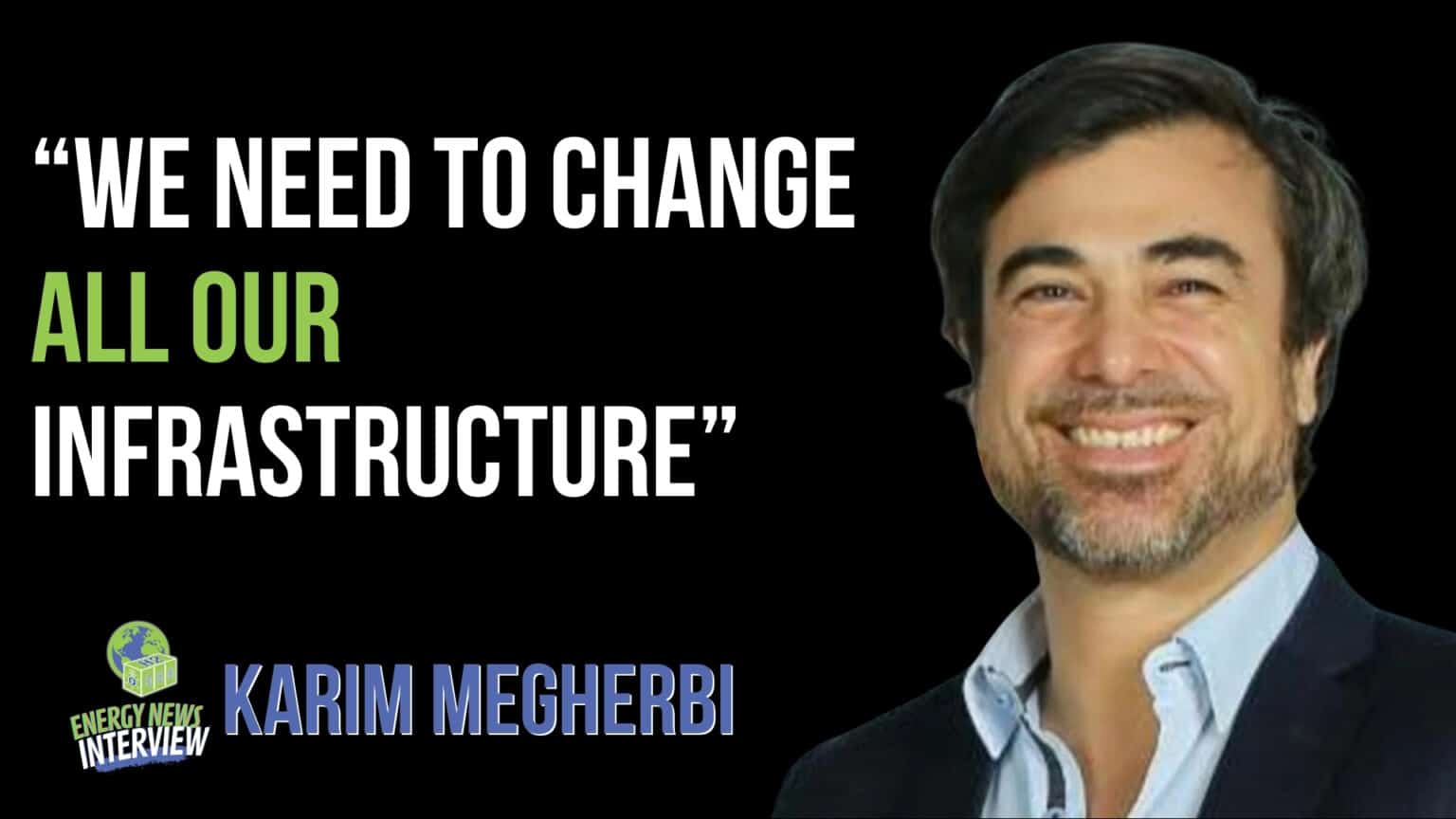A staggering volume of disingenuous narratives, strategically amplified within increasingly fragmented information ecosystems, significantly impedes meaningful climate action. This was a central contention in a recent discussion with Karim Megherbi, a seasoned renewable energy sector figure whose insights underscore the complex interplay between deliberate misinformation campaigns and the urgent need for a global energy transition. The conversation highlighted a critical challenge: the traditional approach of countering falsehoods with factual data appears increasingly inadequate in a landscape where trust in institutions and established media is demonstrably waning.
WATCH THE FULL INTERVIEW
Megherbi’s assertion that “you don’t fight misinformation with information” strikes at the heart of conventional wisdom. He argues that the sheer volume and targeted nature of false narratives, often emanating from vested interests like the fossil fuel industry, create an environment where individuals retreat into self-reinforcing “information Bs.” These echo chambers, amplified by algorithmic curation on social media platforms, make it exceedingly difficult for objective data to penetrate and influence deeply held beliefs. This phenomenon, as Megherbi observes, renders the act of simply debunking misinformation a largely ineffective strategy for reaching those most susceptible to its influence.
The challenge is compounded by the inherent human tendency towards cognitive biases and the limitations of time and resources for rigorous fact-checking. As Megherbi points out, most individuals lack the time or inclination to meticulously verify every piece of information they encounter. This passive consumption, particularly within pre-existing information bubbles, allows manipulative narratives to take root and shape public opinion, ultimately delaying crucial policy shifts and individual actions necessary for decarbonisation.
Megherbi emphasizes the critical first step in combating this trend lies in individual awareness: “You need to recognize that is the first step that false information exists.” This acknowledgment, however, must be coupled with the development of personal methodologies for evaluating information sources – a process that requires critical thinking and a willingness to question even seemingly credible sources. Yet, relying solely on individual vigilance overlooks the systemic nature of the problem.
Megherbi critically examines the role of democratic institutions, suggesting they “have reached their limit” in effectively addressing the scale and sophistication of modern misinformation campaigns. He envisions a need for institutional innovations that foster informed citizen engagement and dialogue in neutral spaces, a stark contrast to the often-toxic and algorithmically manipulated environments of contemporary social media. The fragmentation of the public sphere, exacerbated by the rise of personalized information feeds, makes it increasingly challenging to forge a collective understanding and build consensus around critical issues like climate change.
The conversation further delves into the narrative surrounding the energy transition. Megherbi argues that the current communication often fails to resonate with the practical concerns of the broader public. “There is no there no good story about the energy transition not at all,” he contends, highlighting the need to move beyond abstract climate concerns and connect the transition to tangible benefits such as job creation, economic opportunities, and energy security. This lack of a compelling and inclusive narrative leaves a vacuum that can be readily filled by misinformation campaigns that prey on anxieties about economic disruption and lifestyle changes.
Addressing the global dimension, Megherbi underscores the critical differences between OECD countries and emerging markets in the context of energy consumption and the transition. He points out that while OECD nations bear a historical responsibility for the majority of carbon emissions – having “eaten the the carbon budget of humanity” – emerging economies face the dual challenge of meeting rapidly growing energy demands while simultaneously pursuing sustainable development pathways. This necessitates differentiated policy approaches that acknowledge these distinct realities and responsibilities.
Finally, the discussion touches upon the environmental implications of sourcing critical minerals for renewable energy technologies. While acknowledging the importance of sustainable mining practices, Megherbi contextualizes these concerns against the devastating environmental impact of the incumbent fossil fuel industry, starkly labeling “coal… a kind of nightmare on Earth yeah it’s hell on Earth.” This comparison serves to highlight the trade-offs inherent in any energy transition and the need for a holistic assessment of environmental consequences.
Ultimately, the insights shared by Karim Megherbi paint a complex picture where the battle against climate change is inextricably linked to the fight against misinformation. Addressing this challenge requires a multi-faceted approach that combines individual critical thinking with systemic reforms and a more compelling, inclusive narrative around the benefits of a sustainable energy future. The path forward demands not just technological innovation, but a fundamental rethinking of how we consume, evaluate, and share information in an increasingly volatile and manipulated digital age.
